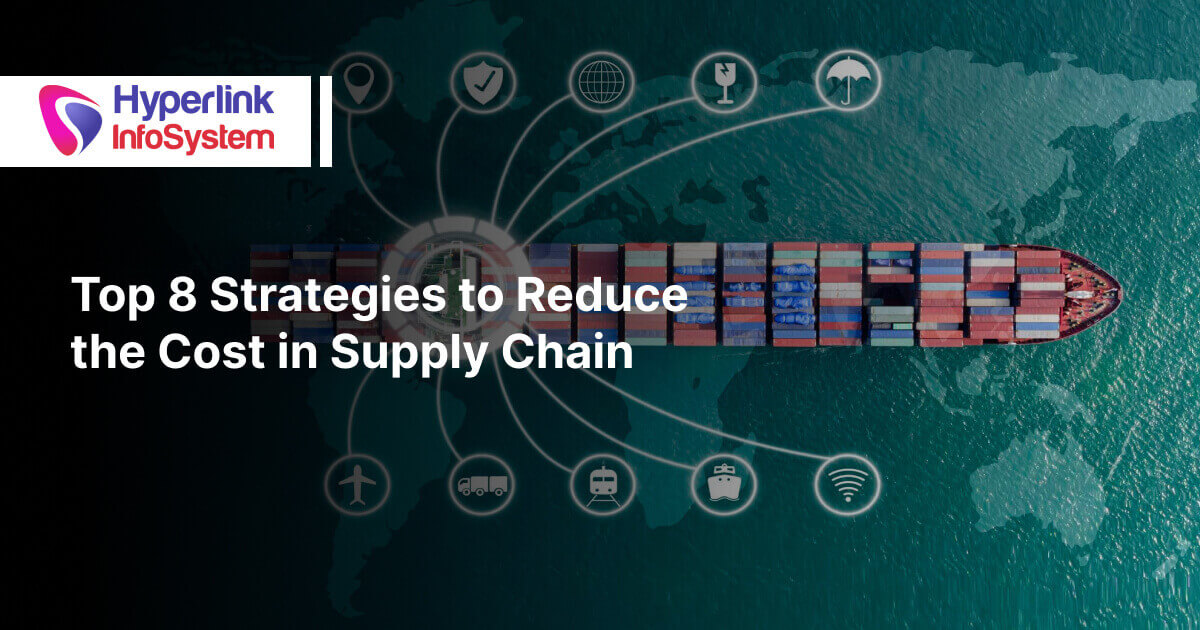Blockchain Technology
Blockchain Developers In Canada
Blockchain is an open-source technology that writes information to a decentralized, globally distributed database via peer-to-peer connections and the entries for blockchain participants can also be viewed retrospectively. The information is not owned or controlled by anyone, but checked and managed by all participants through technology.
Blockchain promise higher transparency of interaction, improved automation, an adaptation of registries to individual requirements, as well as a higher level of trust in accounting. Blockchain technology covers many areas: from computer science, cryptography, to economics and ecology.
What Is The Significance Of Blockchain Technology?
Blockchain technology sets new standards through decentralization, immutability and transparency. Their properties ensure safety. The blockchain can be thought of as a kind of open cash book, of which every participant within the network has a copy.
All transactions can be checked through the open “cash book”. The special thing about the cash book is that every participant in the network (so-called “nodes”), i.e. the blockchain, has a copy of the book on their end device - this creates redundant decentralization. Sensitive data such as sender and recipient are not displayed as clear names.
A valid transaction cannot be manipulated retrospectively - this creates the special trustworthiness. Cryptography procedures are used for security. In simplified terms, the process can be imagined as a chain of blocks in which transaction data is stored and linked to one another.
The transactions are combined into blocks, checked for validity (“proof of work”) and added to the blockchain. So the blockchain is being continued. Each new block contains a kind of signature that relates to the previous one - as a result, all blocks are invariably linked and protected against manipulation. Hyperlink InfoSystem is one of the leading blockchain technology development companies in Canada offering tailored solutions.
Possible Application Examples For Blockchain Technology In Practice
The advantages mentioned make it clear that a blockchain can be used in many business models. The technology can help overcome existing challenges and reduce costs within individual processes.
1. Blockchain Technology In The Context Of International Financial Transactions
One of the best-known examples of the use of a blockchain are financial transactions. Above all, the cryptocurrencies mentioned at the beginning illustrate how the technology can be used in the financial world. In the course of a blockchain, individual transactions are verified and distributed to the so-called nodes. This results in a high level of data consistency and a particularly high level of transparency. These properties are the basis for banking transactions. Encryption - this is done by using a hash function - secures the data and protects it from manipulation.
This principle opens up interesting application possibilities for international payments. Since verification takes place within the network, intermediaries can be excluded and transaction costs reduced. The lack of intermediaries also ensures a higher transaction speed.
2. The Use Of A Blockchain In Healthcare
In the healthcare sector, too, it has been shown that the blockchain can certainly offer advantages. A blockchain can be configured in such a way that only selected users have access to the stored data. Nevertheless, the data can be stored in the distributed network so that the sensitive data can be stored here. In particular, personal documents such as patient files, medical reports and the course of illness can be saved on a blockchain. Access to this data is only granted to selected users who have previously been activated by the owner of the data.
3. Blockchains For Identity Management
Verifying a person's identity is a challenge in selected business areas. With the help of blockchain technology, however, people's identities can be identified more securely and more quickly than before. The basis for this are extensive databases that enable identification and verification. Above all, existing identification documents - driver's licenses, passports and ID cards - could thus be digitally implemented securely. A manipulation would also be almost impossible. Loss of data would also be prevented because the data is stored decentrally.
4. Avoiding Money Laundering
To date, money laundering is a major problem. The blockchain can be used to eliminate this problem by transparently storing all concluded contracts on a blockchain. Through recordings, the individual transactions can also be assigned to the respective participants and thus money laundering can be avoided.
5. Processing Of Insurance Via The Blockchain
Modern blockchains in particular offer the possibility of developing smart contracts. These are intelligent scripts that automatically initiate transactions on the blockchain. This option offers great added value for insurance companies, as the processing of claims or insurance benefits can thus be presented in an automated and secure manner.
6. Revolution In Supply Chain Management
The supply chain can be revolutionized by using the blockchain. By generating simpler contracts and continuously tracking the corresponding goods, advantages can be generated. The supply chain of a food from the place of origin to the final supermarket would be documented in a completely transparent manner. This is precisely where the advantage of distributed data processing such as that offered by the blockchain becomes apparent. Above all, extensive searches afterwards can cause delays and high administrative costs. A blockchain can compensate for these disadvantages.
7. Optimize Mobility With The Help Of The Blockchain
The option to distribute access rights also plays an important role in the context of mobility. In addition, the technology can document ownership of an item and is ideal for use in this area. With the help of distributed ledger technology, it would be possible to use a vehicle when required and pay directly for the service used.
8. Revolution In The Energy Market
The energy market is also constantly changing. Blockchain technology is preparing to increase the transparency of this market through the traceability of transactions. For example, the billing of private solar systems can be optimized in this way. Such positive regulation can accelerate the announced energy transition. In the course of electromobility, billing for e-filling stations can also be implemented in this way and the actual payment process can be secured.
Technologies We Work on
Process We Follow
1. Requirement Gathering
We analyze the requirements with the clients to understand the functionalities to combined into the app. This process allows us to form a development plan and transform the client's thoughts into an efficient and functional app.
2. UI/UX Design
Our developers use efficient UI trends to design apps that are not only pleasant to the eye but also intuitiveness and flexible. Our applications do not only complete the needs of our clients but also are simple and convenient to the end-users.
3. Prototype
We develop a preliminary visualization of what the mobile app would look like. This helps to generate an idea of the appearance and feel of the app, and we examine the users' reactions to the UI and UX designs.

4. Development
Our team of experts in Native, Hybrid, and Cross-Platform app development, using languages such as Swift, Kotlin, PhoneGap, Ionic, Xamarin, and more to produce high-quality mobile apps for the various operating systems.
5. Quality Assurance
We have a team of developers who carefully test every app to ensure that they provide an excellent user experience and meet the requirements of our clients. Apps developed by our development team are bug-free because they perform through a series of experiments before deployment.
6. Deployment
We follow the best practices when deploying our apps on different app stores, where they can be easily noticeable to considered users.
7. Support & Maintenance
All digital solutions need development. The deployment of an app is not the ultimate stage. Even Post-deployment, we work with our clients to offer maintenance and support.
Process We Follow
Latest Blogs
Explore the Latest Blogs on Trends and Technology.
 +1 309 791 4105
+1 309 791 4105

























































 +91 8000 161161
+91 8000 161161
